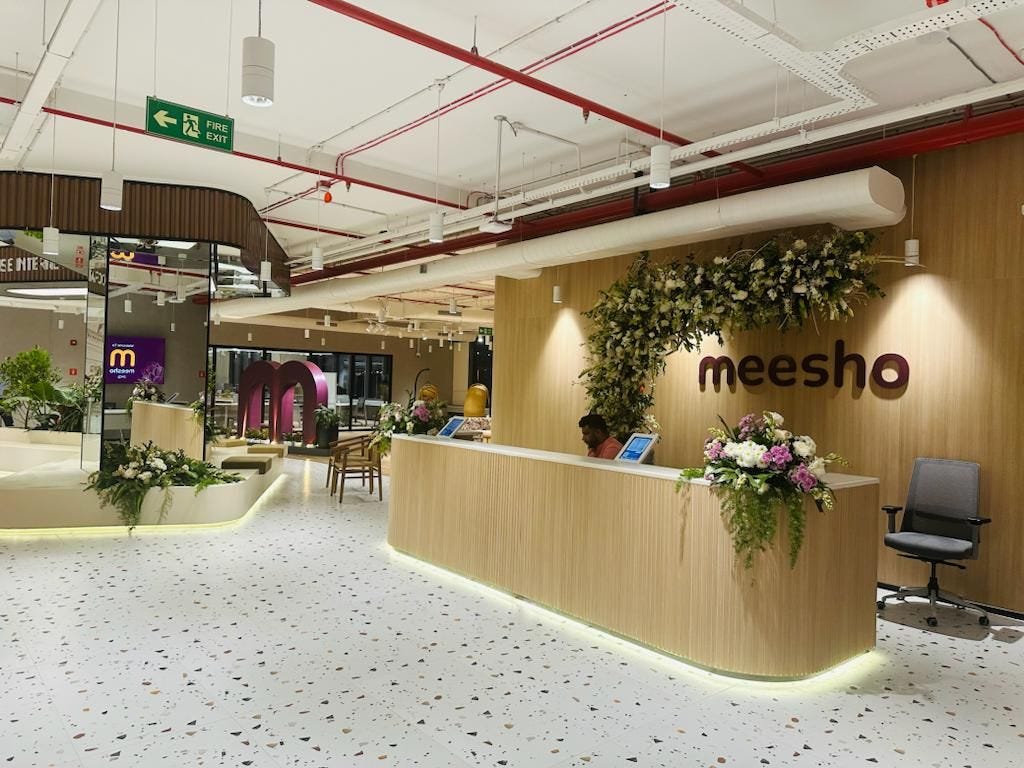Meesho SDE Intern Interview Experience | Off Campus 2024 India
Keskeiset käsitteet
The author shares their detailed experience of the Meesho SDE Intern interview process, highlighting the various rounds and challenges faced.
Tiivistelmä
Bishal Kundu, a BTech CSE undergrad from Kolkata, recounts his journey through the Meesho SDE Intern hiring process. Starting with an application in January 2024, he navigated through screening tests, coding challenges, low-level design rounds, and a final interview with the hiring manager. Despite not being selected, Bishal found the experience valuable for learning and self-improvement.
Meesho SDE Intern Interview Experience | Off Campus 2024 India
Tilastot
"They selected around 4 candidates out of around 1 lakh+ candidates who applied."
Lainaukset
"Though I was not selected, it was really a very decent experience and I learnt a lot."
"Overall the process was really smooth."
Tärkeimmät oivallukset
by Bishal Kundu klo medium.com 03-09-2024
https://medium.com/@bishalkundu17/meesho-sde-intern-interview-experience-off-campus-2024-india-d5c2fb9d1a13
Syvällisempiä Kysymyksiä
What are some key takeaways from Bishal's interview experience that can be applied to future interviews
Some key takeaways from Bishal's interview experience that can be applied to future interviews include:
Preparation: Being well-prepared for technical rounds with a strong understanding of core concepts like Operating Systems, DSA, Algorithms, etc., is crucial.
Practice: Regularly practicing coding problems on platforms like HackerRank can help in improving problem-solving skills and speed.
Communication: Effectively communicating your thought process during design rounds and being open to discussing solutions with interviewers is important.
Learning from Rejection: Even if not selected, using the feedback received to identify areas for improvement and working on them for future opportunities.
Is there a way for companies like Meesho to provide more constructive feedback to candidates post-rejection
Companies like Meesho can provide more constructive feedback to candidates post-rejection by:
Offering Specific Feedback: Providing detailed insights on where the candidate fell short in each round can help them understand their weaknesses better.
Suggesting Improvement Areas: Recommending resources or areas of study that candidates can focus on to enhance their skills for future interviews.
Encouraging Growth: Emphasizing that rejection does not define a candidate's capabilities but rather presents an opportunity for growth and development.
How important is it for candidates to reflect on their performance in each round of an interview process
It is highly important for candidates to reflect on their performance in each round of an interview process because:
Self-Assessment: Reflecting allows candidates to evaluate their strengths and weaknesses objectively, helping them understand where they excel and what needs improvement.
Continuous Improvement: Identifying areas of weakness enables candidates to work on enhancing those skills before the next opportunity arises.
Confidence Building: Reflecting positively reinforces successful strategies used in previous rounds while also highlighting areas needing attention.
0
